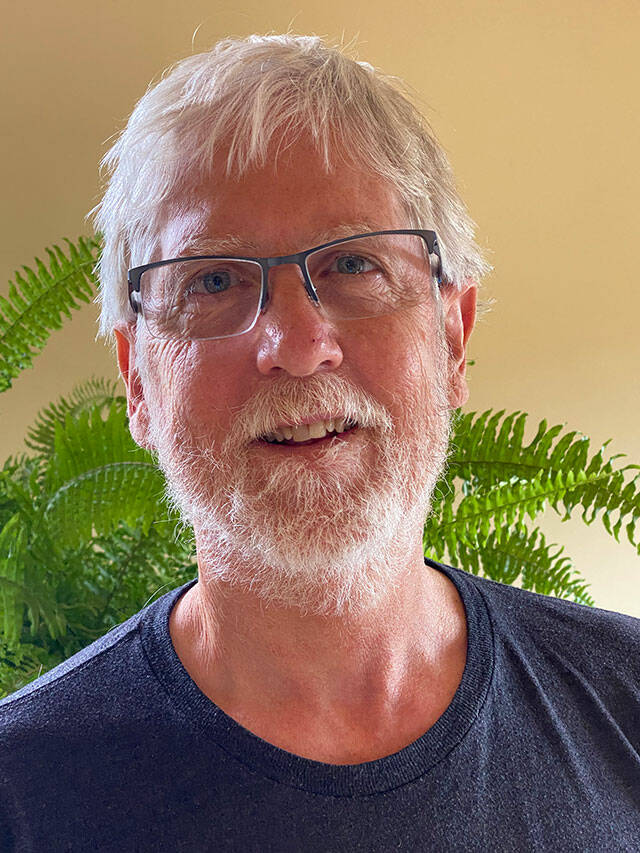There is a critical race in the upcoming general election many of you may not yet be aware of — the race for King County Prosecutor, between Leesa Manion and Jim Ferrell.
The prosecuting attorney for King County influences the criminal legal system in many significant ways. The prosecuting attorney determines whether charges are to be brought in cases sent to them by local police departments and how serious the charges will be.
She also determines whether bail is to be requested once the charges are filed, and if so, how much. Other important decisions made are whether to modify or dismiss charges if exculpatory evidence is discovered or provided by the defendant.
She determines what offers to make to a defendant to encourage a plea of guilty. She determines what sentence to recommend to the sentencing judge if a person is found guilty. All of these decisions apply to both adults and juveniles.
Finally, the prosecuting attorney also is responsible for investigating and determining whether to bring charges against officers who use excessive force or otherwise deprive citizens of their constitutional rights.
The evidence conclusively establishes that persons of color suffer disproportionate negative outcomes at each of these steps in the system, both nationally and locally. These disparities also apply to conduct by the police including who gets stopped, investigated, arrested, assaulted, charged and jailed.
It is important to everyone in this community that we have a prosecuting attorney who will fairly and objectively make these life-changing decisions while taking into account historic systemic racial discrimination.
As chief of staff for the current prosecutor, Dan Satterburg (who is retiring), Manion has shown she has the qualities and experience to make these decisions in a fair and objective manner.
Her opponent has made clear that his priorities are to maximize the punitive consequences to those who are accused or convicted of committing a crime.
His rhetoric calls into question his willingness to properly investigate law enforcement officers accused of misuse of force or other misconduct.
When I was a criminal defense attorney in Seattle, I saw firsthand the impacts these decisions make on people accused of criminal misconduct as well as on the overall fairness of the criminal legal system. The prosecutor’s recommendations on whether bail should be imposed, and what amount bail should be, heavily influence the judge’s determination.
Persons held in jail while awaiting trial because they cannot afford to pay the bail amount must try to assist in their defense while removed from their community, thereby hobbling their ability to assist their attorney. Often, people are forced to decide to remain in jail to fight the charge against them, or to plead guilty after an offer from the prosecutor of a reduced sentence to time served.
Too many times, my clients chose to get released from jail by pleading guilty, rather than going to trial, even though there was a strong defense to the charges. Persons awaiting trial outside of jail — either because they had been released without bail or could afford to pay the bail imposed — had more options available to them.
Nowhere is the difference between these two candidates clearer than on the issue of pre-trial diversion, where someone accused of a crime is placed in a program to address underlying causes of misconduct rather than entangling them in the criminal legal system.
Several such community-based programs, currently supported by the Prosecuting Attorney’s Office, have been shown to be effective in reducing recidivism compared to traditional incarceration.
Manion supports continuing these programs while Ferrell advocates for their elimination, or drastically restructuring them to include punitive elements. What Ferrell fails to acknowledge is that traditional mass incarceration, in use since the 1970s, has failed to achieve any meaningful reduction in crime levels.
In addition, incarcerating someone — thus taking them away from employment and family — does nothing to help victims overcome any trauma or financial impact of the crime. Finally, Farrell fails to acknowledge the numerous studies which show that pre-trial community diversion works and significantly reduces the likelihood someone will re-offend.
We need a prosecuting attorney who will fairly and equitably apply the powers invested in that office in the criminal legal system and use effective diversion programs.
That person is Leesa Manion.
Jay Williamson, a 33-year resident of Vashon, is a retired trial attorney who previously worked for Prison Legal Services, The Defender Association and the U.S. Department of Labor. He is a member of Vashon-Maury Showing Up for Racial Justice’s (SURJ) criminal justice action team.



